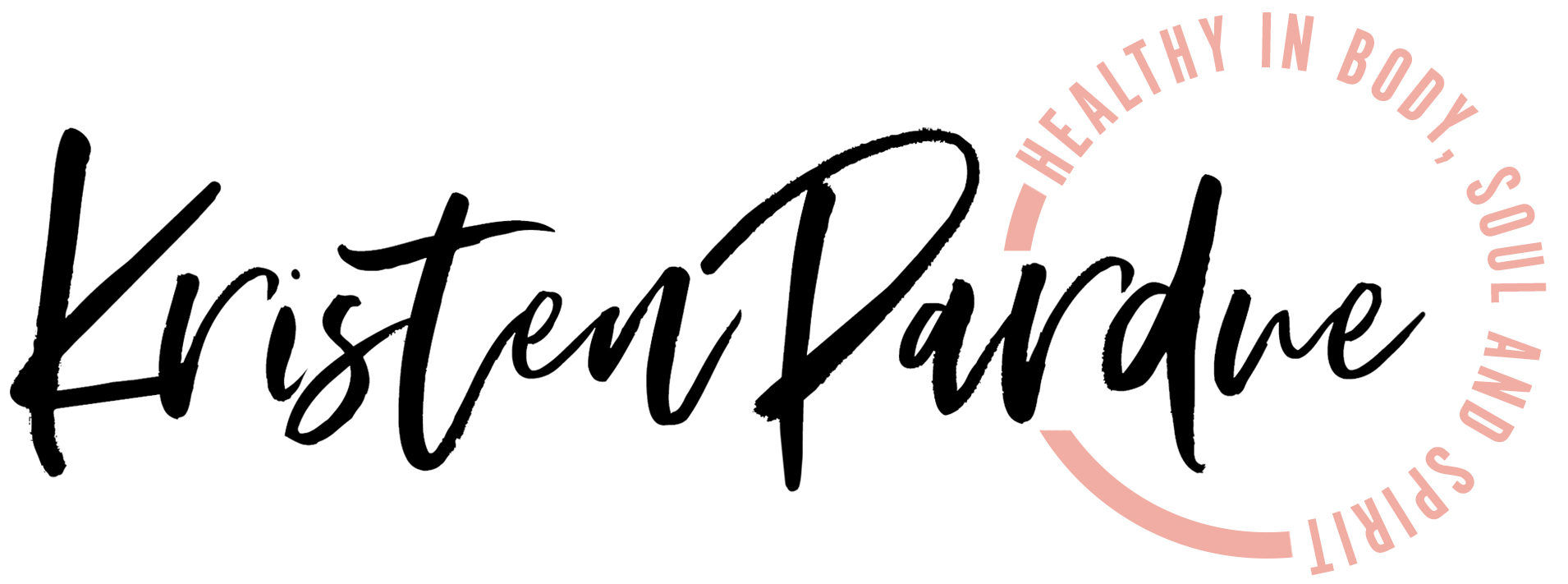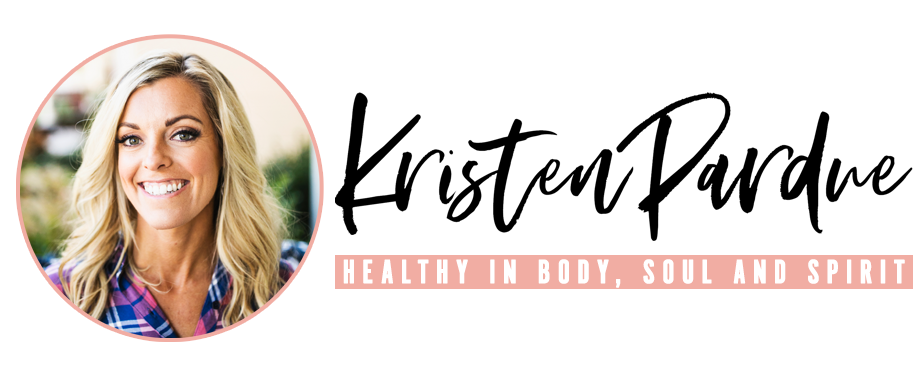This blog post by: Erin Moore, IBCLC (Certified Lactation Consultant), RLC, Doula
Twitter: @theIBCLC
Website: Mother Nature Birth & Lactation
It seems these days that we are inundated with news articles and medical studies that expose the benefits of breastfeeding your baby. It seems that everyone is trying to be so careful in their language and the way that they put this information across to the public.
If we are to say that breastfeeding is good for babies’ health, then what do we call the alternative?
If I can tell you with no argument all of the health benefits of breastfeeding, but what if I tell you that there are health risks to NOT breastfeeding your baby?
According to the U.S. Government, the health risks of not breastfeeding your baby include not providing your baby with disease-fighting antibodies that protect them against illnesses including diarrhea, ear infections and pneumonia, not providing “joyful bonding” with your baby, increasing your baby’s risk of developing asthma and allergies, increasing your child’s risk of developing obesity, increasing your baby’s risk of sudden infant death syndrome to name just a few. Lower IQ is another risk of not breastfeeding your baby.
As a mother, if you do not breastfeed your baby, you are increasing your own risk of breast and ovarian cancer, type 2 diabetes, and cardiovascular disease. With growing concern among mothers and healthcare providers about postpartum depression, it’s also important to point out a 2009 study by Dennis & McQueen citing decreased breastfeeding duration as a likely contributor to postpartum depression.
It seems that when you put it that way, NOT breastfeeding sounds awfully dangerous from a physical and mental health standpoint, doesn’t it?
One of my favorite resources on really just putting this out there and being up front about the risks of not breastfeeding is the Normal Fed website by Diane Wiessinger, MS, IBCLC called “Breast or Bottle?” The article goes into great detail about the benefits of breastfeeding while presenting facts about bottle feeding and artificial baby milk.
I do understand why it’s almost taboo in our society to denigrate artificial baby milk when we, as mothers, seem to crave validation and reassurance that we are doing the best we can by our children. The rub is that you cannot be doing the best thing and not doing the best thing at the same time. Does it mean that you are a bad mother if you choose for whatever reason not to do the best thing for your child? Not at all.
Because of the lack of breastfeeding support in every healthcare situation and in every community, because of the aggressive and unethical marketing strategies of the companies who manufacture artificial baby milk and accessories, because of the obsession with growth charts and our desire to know exactly “how much” food our babies are getting in a feeding down to the milliliter; because of those things and more, mothers are often passively choosing not to give their baby the nutrition that their baby needs out of fear and worry and not getting the support needed to give their babies what they need.
Let’s support each other through the first few challenging weeks of breastfeeding a newborn. If you can make it past the first weeks of your baby’s life, then breastfeeding only gets easier. When challenges hit, call your lactation consultant at the hospital you delivered. Or call your local La Leche League where you can connect with other parents and have an instant support group.



